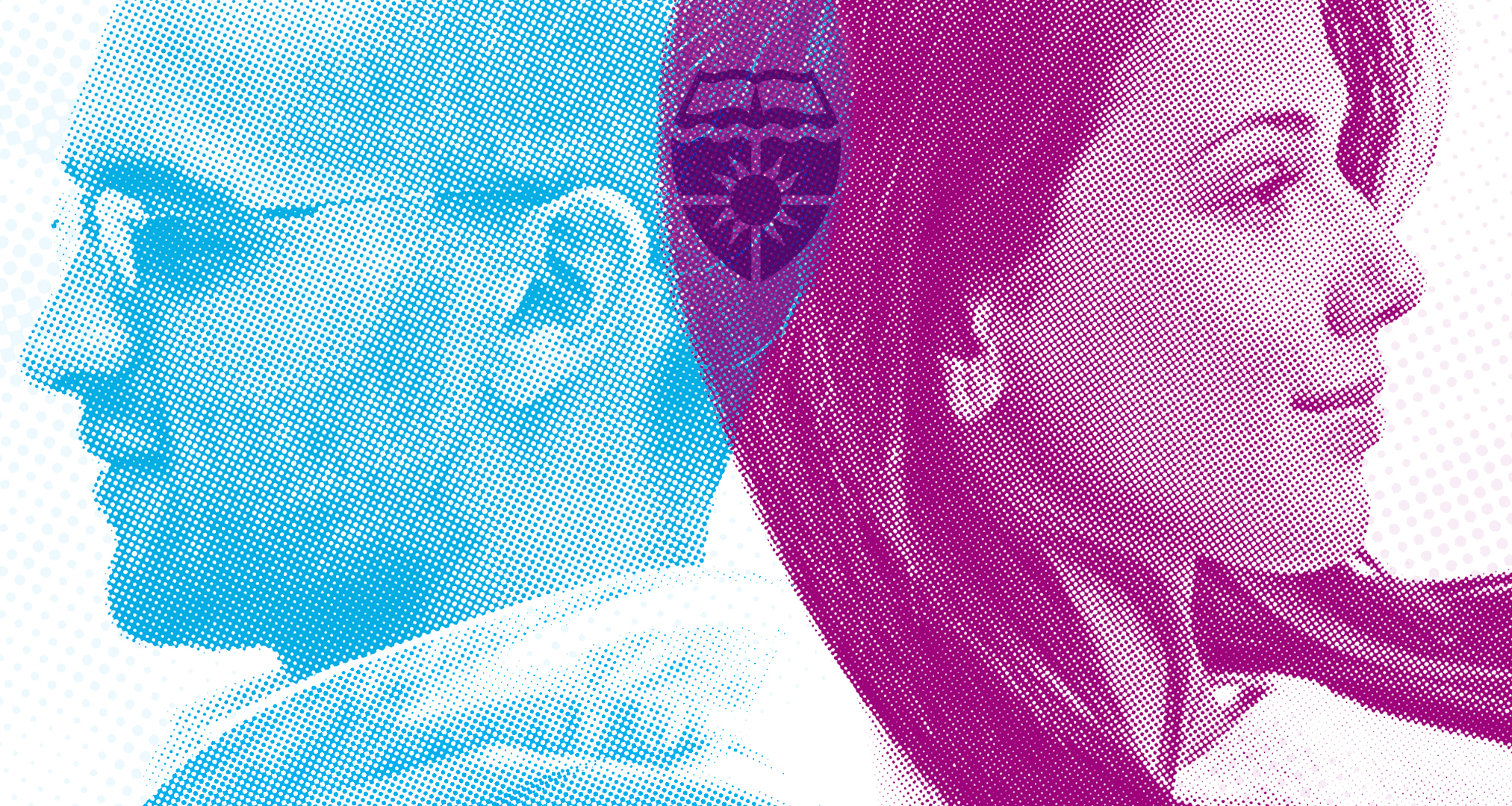Maybe they like (their job) fine but it’s not a passion. For me, it’s a complete passion. - Joyce Terhaar '81
For Joyce Terhaar ’81, being part of the first class of females at the College of St. Thomas didn’t factor into her decision much. She just wanted to get a great education in journalism.
At this point it's safe to say she came to the right place.
Four decades after enrolling at St. Thomas, Terhaar is the executive editor and senior vice president of The Sacramento Bee newspaper. Her career began in Grand Forks, North Dakota, included a stop in Santa Rosa at The Press Democrat, and has now featured nearly 30 years in California’s capital.

Joyce Terhaar, The Sacramento Bee executive editor.
“I know people where they have a job because they need to make money and it’s a job. Maybe they like it fine but it’s not a passion. For me, it’s a complete passion,” Terhaar said. “I feel very, very lucky to have the career I’ve had. I like to organize things, make decisions and be part of the decision-making around how we’re going to cover the community and what we’re going to stand for in this community. That has been very rewarding for me.”
College days
Growing up on a farm with seven siblings, the Rogers, Minnesota, native excelled in school and loved working on the student newspaper. Her college selection process was a big deal because she would be the first in her family to attend, and she settled on St. Catherine’s.
That plan was altered when St. Thomas made the decision to go coeducational in fall 1977.
“I was young and pretty naive. I didn’t think it was a big deal to be the first class coming in that was diversifying the school and making it coed. I just thought, ‘Well, the journalism program’s there. Why wouldn’t I go there?’ It was a good program,” she said.
The faculty was headed by Father James Whalen and offered a journalism education with a strong mixture of practical and theoretical development, and, most importantly to Terhaar in retrospect, a grounding in strong ethics.
“That’s something you carry with you your entire life,” Terhaar said. “So many skill sets are changing and evolving in our profession because of technology, but ethical decision-making is a value. That doesn’t change; you carry it with you all the time.”
For all the emphasis on ethics, Terhaar’s journalistic career at St. Thomas actually started comically with getting busted “sneaking” into the offices of the student newspaper, The Aquin. After venturing down her first weekend on campus to check things out, she found the office empty but unlocked, and a sophomore employee soon found her looking around.
“I felt like I had been caught. ‘I haven’t touched anything!’ He was like, ‘No, this is great. You want to be on the paper? We need people, you’re in,’” Terhaar said. “I got immediately recruited and started writing right away.”
Terhaar excelled academically and, as a self-professed shy person, further discovered her joy and passion as a journalist.
“When you think about what journalists can do, we just have access to people and places the public doesn’t. It’s just so interesting,” she said. “You get to explore and it gives you a structure to do that.”
With just two dormitory floors of women that first year, Terhaar said she and her female classmates were naturally tight knit. Terhaar worked to make sure she and her fellow classmates had all the same opportunities as their male peers, which included helping start a sorority on campus. (She didn’t join; she just wanted her female classmates to have that option.)
“It was an interesting time to be on that campus. I imagine once the first class graduated and went on its merry way it became more routine,” Terhaar said. “But we did have a small group of women who were doing something kind of big in terms of integrating the school. I don’t know that any of us realized at the time.”
These days, Terhaar continues to be an advocate for those around her by using her journalistic role to hold those in power accountable in the capital of the country’s most populous state. Even in the midst of an evolving media landscape, the lessons she learned at St. Thomas continue to serve her well.
“For me, the single most important thing for a journalist is to be a critical thinker. … If you don’t have questions to ask someone when you go out on a story, if you’re not naturally curious, if you can’t recognize when someone’s spinning and you can’t hold them accountable, then you shouldn’t be in this profession,” she said. “When you think about the classes you take at St. Thomas, things like logic, it really does help build that capacity to think through things critically.”







